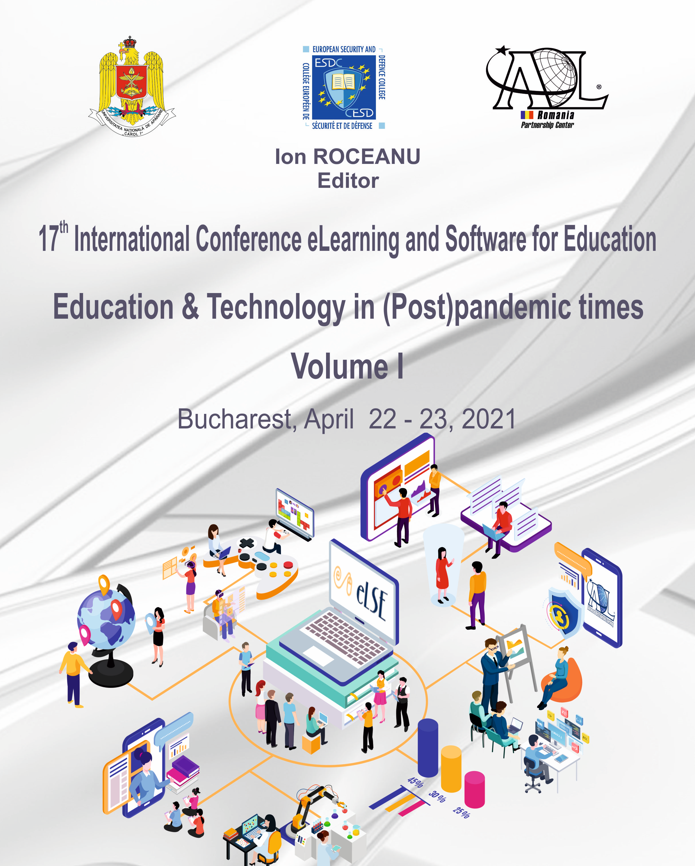MOTIVATING STUDENTS IN THE ONLINE TEACHING ENVIRONMENT IN PANDEMIC TIMES
MOTIVATING STUDENTS IN THE ONLINE TEACHING ENVIRONMENT IN PANDEMIC TIMES
Author(s): Mihaela Pricope, Simona Mazilu, Fabiola PopaSubject(s): Higher Education , Educational Psychology, Organizational Psychology, Health and medicine and law, Distance learning / e-learning
Published by: Carol I National Defence University Publishing House
Keywords: motivation; online teaching; psychological needs; synchronous; asynchronous;
Summary/Abstract: Online learning is a challenge, a unique experience and an opportunity for self-reflection and progress for both students and teachers. The virtual teaching experience brings changes on several levels, among which we mention: study conditions, teaching materials, communication between colleagues and between students and teacher, feedback given to students. There are various factors that may influence the effectiveness of online learning, one of the most important being the level of motivation that teachers and students have in the teaching-learning process. According to Ryan & Deci [8], regardless of the nature of the teaching environment, face to face or online, teachers have to stimulate the students’ motivation for learning by supporting their three fundamental psychological needs: competence, autonomy and relatedness. Competence is related to feeling capable of developing oneself and succeeding. Autonomy entails a sense of initiative and responsibility for one’s own actions. Relatedness has to do with a sense of belonging and connection. These needs are met if the educational setting is well-structured, if it places emphasis on the students’ values and interests and consolidates their relationships with peers and teachers. If any of these conditions is undermined, the students’ psychological wellness is affected and, therefore, their motivation for learning decreases. In order for teachers to be able to ensure a supportive learning context in which students can thrive, their basic psychological needs for autonomy, competence and relatedness have to be met as well. In other words, motivated teachers will lead to motivated students. In light of these characteristics of the virtual educational environment and of the teacher’s mission of creating a need-supportive context of development for students, we analyse a particular teaching-learning situation we have experienced as teachers, that of the online English for Professional Communication seminar, during the Covid-19 pandemic. We discuss the benefits and challenges of combining synchronous and asynchronous modes of teaching, our strategies to stimulate the students’ intrinsic motivation and the outcome of our actions meant to attain this goal.
Journal: Conference proceedings of »eLearning and Software for Education« (eLSE)
- Issue Year: 17/2021
- Issue No: 01
- Page Range: 261-269
- Page Count: 9
- Language: English

